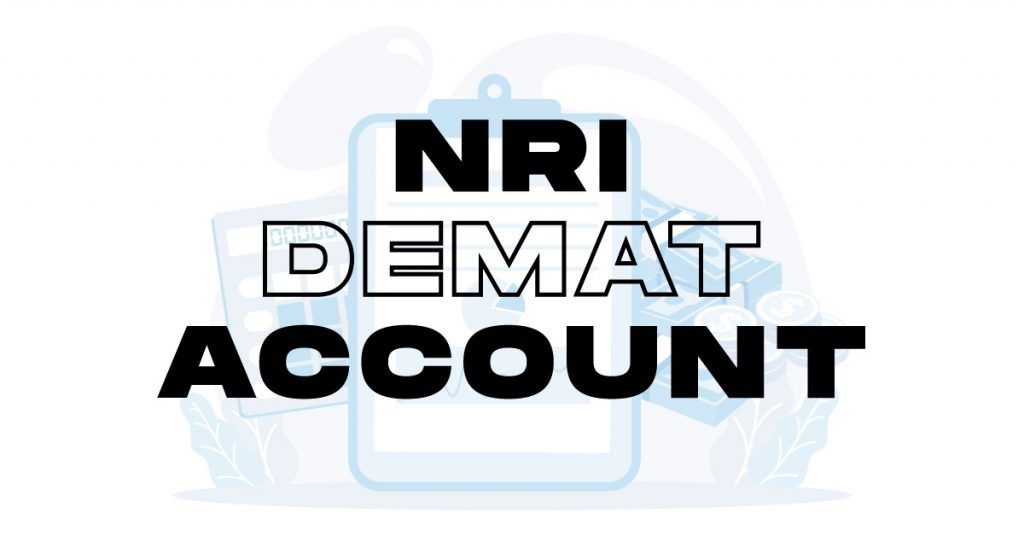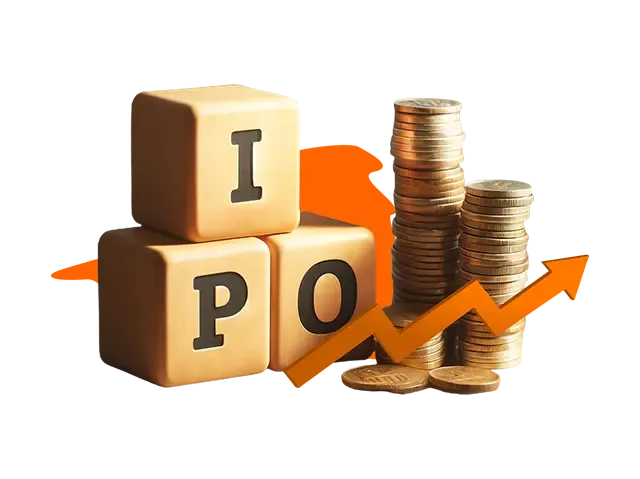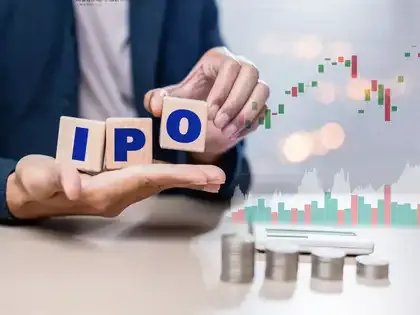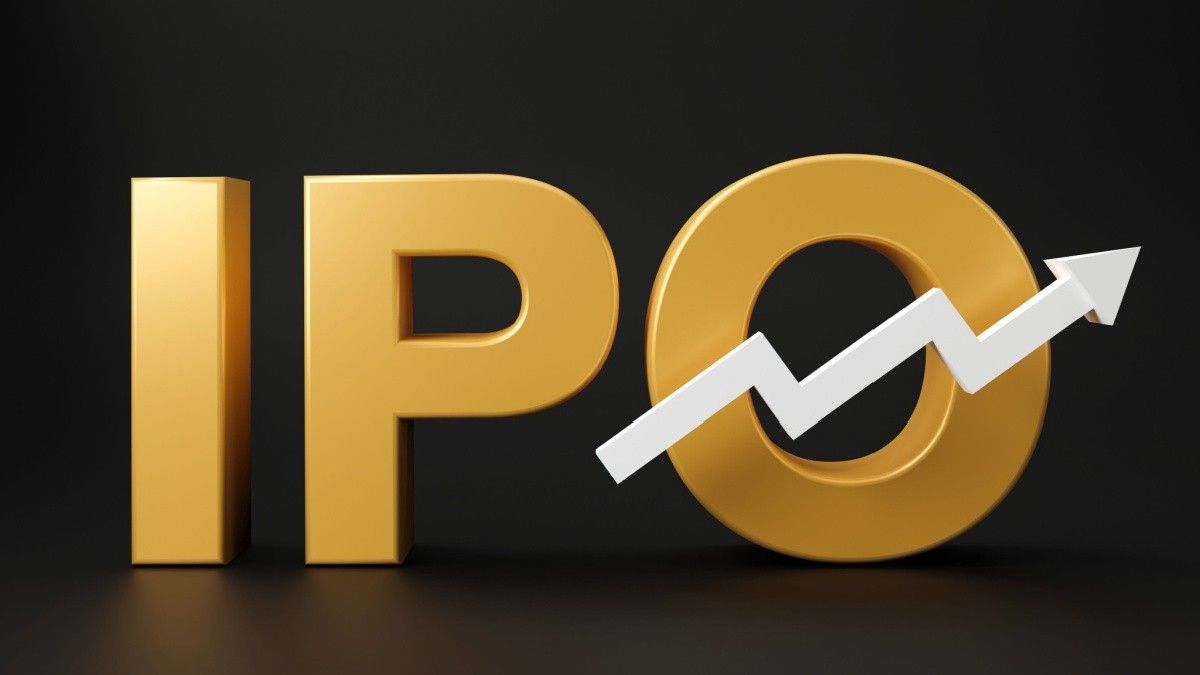What is an IPO exit route?
Written by Upstox Desk
Published on February 10, 2026 | 6 min read
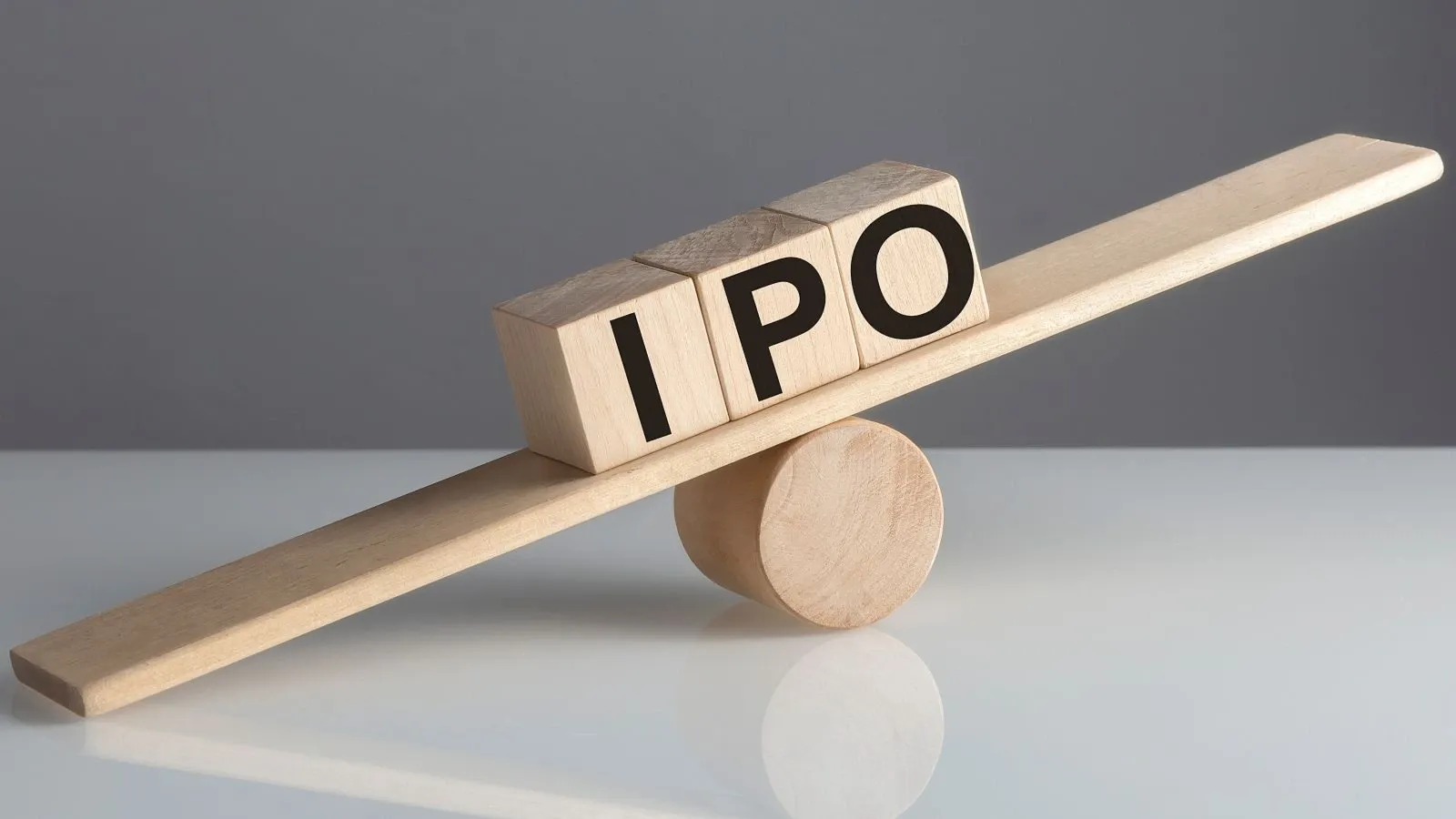
An IPO benefits private investors looking to make money off their investment in a company. Investors who’ve invested in a company during the pre-IPO period can sell their shares for a profit, watch their share value grow or just cut their losses and quit an investment they deem unprofitable. Thus, an IPO gives private investors an ‘exit route’ to sell off stake in the company.
Key Points
- An IPO gives private investors an ‘exit route’ to sell off stake in the company.
- Lock in period is the time during which private investors can't sell their shares. It ranges from 3-24 months.
- Private investors hold what is called as private equity (PE) in companies. Often, these private entities feel a need to cash in on their investments due to pressure from their investors (people who hold equity in the private investment firm).
- After the lock in period, private investors usually sell shares they’ve decided to divest in batches, that is, in parts rather than in one go.
IPO definition and basic terms
As you’d have known by now, IPO or an Initial Public offering is an offer of new shares of a private company to the public for the first time.
- Primary Market: This initial sale constitutes the primary market, that is, the initial transaction between the company and public bidders. Then it moves to the secondary market where members of the public can directly purchase and sell shares. There’s no need to bid on shares once the IPO moves to secondary market.
- Secondary Market: The offered shares are bid upon and the successful bidders are allotted shares. After the IPO comes to a close, the shares bought during an IPO are traded on the stock exchange where the company is listed. Now, this is called the secondary market, since trade is between members of the public after the initial transaction.
- Float: The amount of shares in circulation is called the float. This is the quantum of shares on which trading can take place in the share market, in other words, the maximum volume of shares that can be traded on a stock exchange.
- Market Price and Market Valuation: After the stock is listed on a stock exchange, based on demand for the stock, a share price is reached by the market. This is called market price and this determines the market valuation of the company, that is, how much value the market ascribes to the company.
- Issue Price: If the issue price (initial price at which share was offered in the IPO) is lower than the market price, then shareholders who bought stocks during the IPO stand to profit and see their net worth rise.
- Flipping: Some investors sell shares acquired during an IPO on the very first day of trading when demand runs high and the share price is inflated. This practice is called flipping and is discouraged by underwriters (banks or brokerages that conduct the IPO for a company and promote the sale) because it brings the share value down due to oversupply and gives them a bad name. Flippers are often denied a chance in the next IPO by miffed underwriters.
- Lock-in Period: To avoid the problem of oversupply and a drop in share value which gives them a bad name, underwriters make private investors sign agreements that they would not sell their shares in the company for a period of time after the company debuts in a stock exchange. This period is called the lock in period, during which private investors can't sell their shares. It ranges from 3-24 months.
After this period, private investors are free to sell their shares. Thus, an IPO offers private investors an exit route.
More On Exit Routesuity
Private investors hold what is called as private equity (PE) in companies. Often, these private entities feel a need to cash in on their investments due to pressure from their investors (people who hold equity in the private investment firm). They might want to sell their private equity (PE) to raise capital and invest in a more promising company or might just want to quit the investment they deem as having bad prospects.
Private investors can do this in two ways - try and sell equity to other private investors or sell equity to public. Often, it's hard to find an interested private investor and terms offered are not so good. This is because:
- there is no way to know how much the company is valued by the public market
- other private investors are interested in making sizable profits in a short period thus bringing down the offer price
Thus, to get a better deal, private investors might want a company to go public, when it is perceived that the market demand for the company shares would be strong.
Selling off private equity (PE) shares
After the lock in period, private investors usually sell shares they’ve decided to divest in batches, that is, in parts rather than in one go. This is to minimise the problem of oversupply and market panic which bring down the share price. Often, private investors just sell a part of their holdings, especially if they think the company's prospects are good.
Such sale often triggers a fall in share price that is observed with IPOs after the lock in period expires. Share price may eventually recover following good performance by the company or might reach a new normal.
For private investors though, the sale offers a lot of benefits which include:
- being able to find a market for their shares.
- market valuation of the shares, which often outstrips the value of their initial investment by many times, thus earning them huge profits.
Wrapping Up
- An IPO can serve as an exit route for private investors.
- Private investors can sell their private equity (PE) to the public after the lock in period expires.
- Such sales often return huge profits, with returns many times bigger than the initial investment.
- The private investor can still hold on to a part of the private equity (PE) and thus have a stake in the company.
- Private investors often sell in batches to avoid drastic fall in stock price.
About Author
Upstox Desk
Upstox Desk
Team of expert writers dedicated to providing insightful and comprehensive coverage on stock markets, economic trends, commodities, business developments, and personal finance. With a passion for delivering valuable information, the team strives to keep readers informed about the latest trends and developments in the financial world.
Read more from UpstoxUpstox is a leading Indian financial services company that offers online trading and investment services in stocks, commodities, currencies, mutual funds, and more. Founded in 2009 and headquartered in Mumbai, Upstox is backed by prominent investors including Ratan Tata, Tiger Global, and Kalaari Capital. It operates under RKSV Securities and is registered with SEBI, NSE, BSE, and other regulatory bodies, ensuring secure and compliant trading experiences.


















